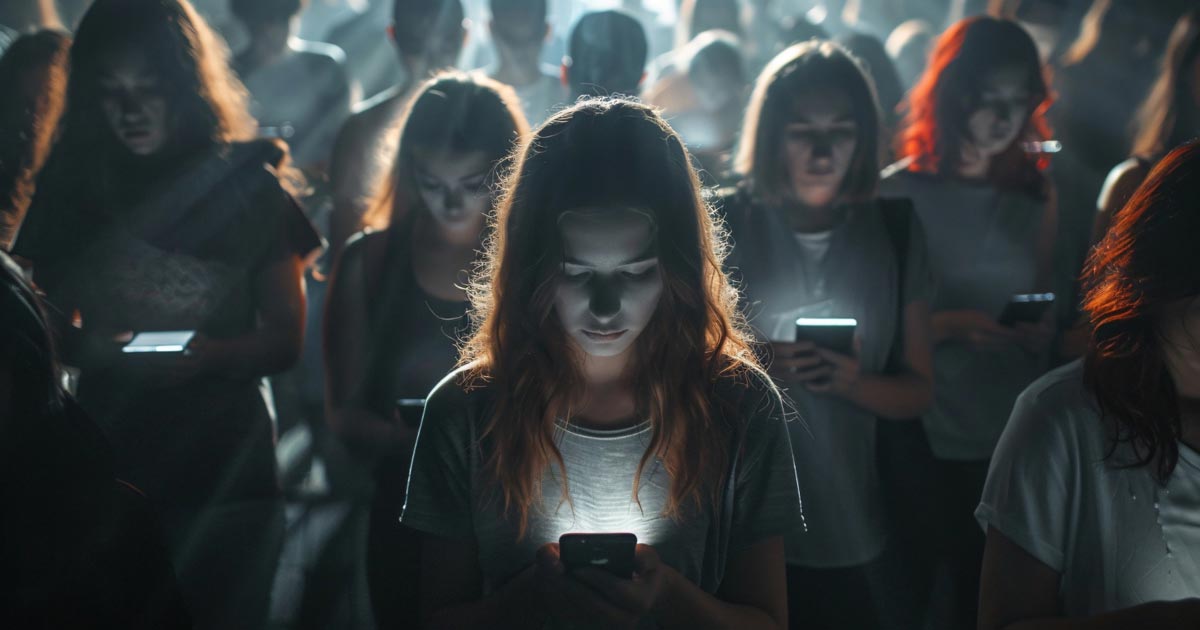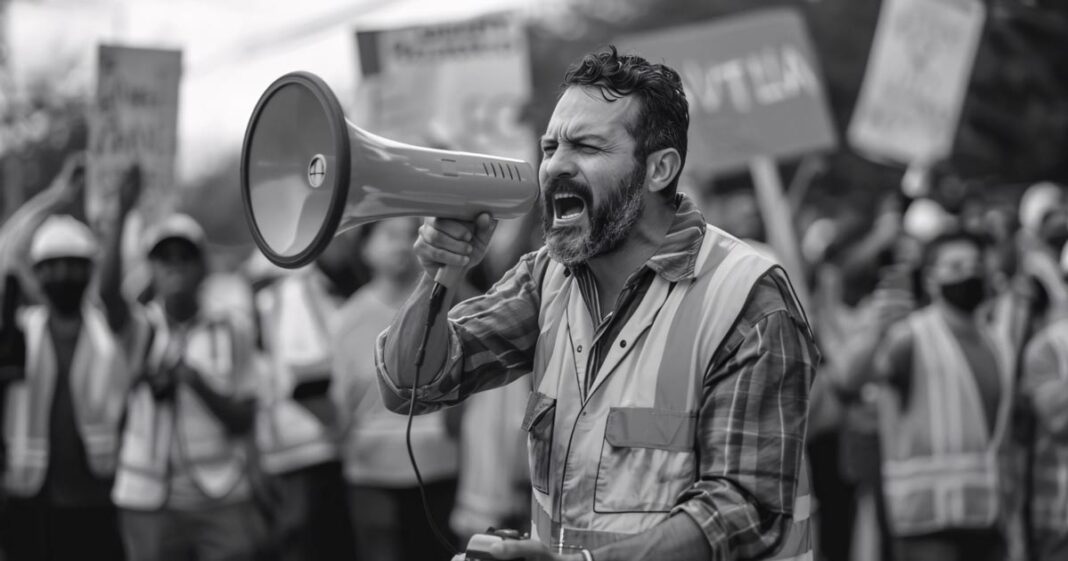
Introduction
Social media has transformed the political landscape, becoming a powerful tool for politicians, activists, and citizens. Platforms like Twitter, Facebook, and TikTok have reshaped political discourse, enabling instant communication, grassroots mobilization, and digital campaigning. However, while social media has democratized political engagement, it has also introduced challenges such as misinformation, polarization, and foreign interference. This article explores the role of social media in modern politics, its benefits, risks, and real-world examples of its impact.
How Social Media Has Changed Political Communication
Traditionally, political messaging was controlled by mainstream media outlets. Today, social media allows direct interaction between politicians and the public, bypassing traditional gatekeepers. This shift has led to:
– Instant Communication: Leaders can share policies, respond to crises, and connect with voters in real time.
– Greater Accessibility: Citizens from all backgrounds can engage in political discussions and express opinions.
– Viral Campaigning: Political messages, hashtags, and movements can spread globally within minutes.
Benefits of Social Media in Politics
1. Increased Voter Engagement
– Social media educates and informs voters, encouraging political participation.
– Example: The #RockTheVote campaign in the U.S. used social media to boost youth voter turnout.
2. Direct Political Mobilization
– Grassroots movements use social media to organize protests and influence policies.
– Example: The Arab Spring (2010-2012) saw activists use Facebook and Twitter to coordinate demonstrations against oppressive governments.
3. Greater Political Transparency
– Politicians are more accountable as citizens can fact-check statements and expose inconsistencies.
– Governments share real-time updates on policies and public affairs.
4. Cost-Effective Campaigning
– Digital ads and social media outreach reduce campaign costs compared to traditional TV and print advertisements.
– Example: Barack Obama’s 2008 and 2012 election campaigns leveraged social media fundraising and engagement.
Risks and Challenges of Social Media in Politics
1. Misinformation and Fake News
– False narratives can spread rapidly, influencing voter opinions and election outcomes.
– Example: The 2016 U.S. presidential election saw widespread misinformation campaigns, some linked to foreign actors.
2. Political Polarization
– Algorithms create “echo chambers” where users only see content that reinforces their beliefs.
– This deepens ideological divides and reduces bipartisan dialogue.
3. Manipulation and Foreign Interference
– Governments and political groups use bots, trolls, and fake accounts to manipulate public opinion.
– Example: Russian interference in U.S. and European elections through disinformation campaigns.
4. Cybersecurity Threats
– Political hacking and data leaks can undermine democratic processes.
– Example: The 2016 Democratic National Committee (DNC) email leaks influenced public perception during the U.S. elections.
Case Studies of Social Media’s Political Impact
1. Donald Trump’s Twitter Strategy (2016-2021)
– Used Twitter as a direct channel to communicate policies, attack opponents, and mobilize supporters.
– His account was banned in 2021 after concerns about inciting violence.
2. India’s Digital Election Strategies
– Political parties in India use WhatsApp and Facebook to engage with millions of voters.
– Concerns about misinformation spreading through these platforms have emerged.
3. Black Lives Matter (BLM) Movement (2020)
– Social media played a crucial role in mobilizing protests against racial injustice.
– Hashtags like #BlackLivesMatter amplified awareness and policy discussions.
Strategies to Address Social Media’s Political Challenges
- Regulation and Fact-Checking
– Platforms should strengthen misinformation detection and implement stricter content moderation.
– Governments can work with tech companies to regulate digital political ads.
- Media Literacy Programs
– Citizens should be educated on identifying fake news and verifying sources.
– Example: Finland’s media literacy curriculum helps students recognize disinformation.
- Promoting Digital Ethics in Politics
– Politicians should commit to ethical social media use and avoid misleading campaigns.
Conclusion
Social media has revolutionized modern politics by increasing engagement, mobilization, and transparency. However, its challenges—misinformation, polarization, and manipulation—must be addressed to ensure it remains a tool for democratic progress rather than division. As technology evolves, responsible digital governance and informed citizen participation will be key to shaping the future of political discourse.





